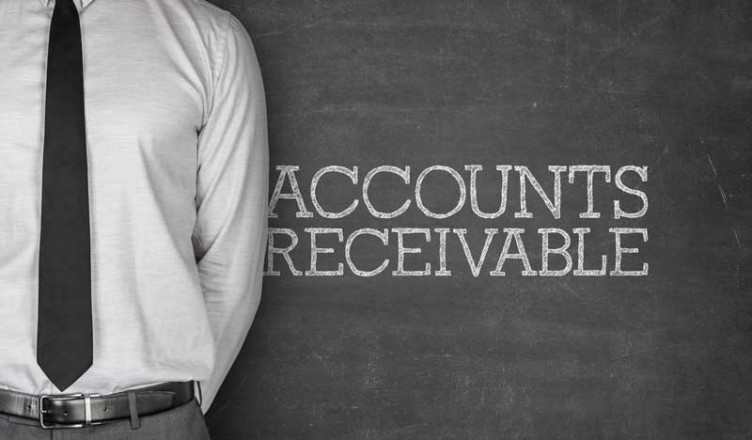Accounts receivable can be very complex and time-consuming to take care if. It requires that you be able to manage orders coming in, payments coming in, invoicing and other issues. You have to deal with collecting on invoices and writing off invoices that end up being in default. Indeed, there is a lot to be done, and it can take a great deal of time and effort to make sure that your accounts receivable are properly managed.
The importance of accounts receivable
Even though they can be tedious and time consuming – not to mention frustrating – to deal with, accounts receivable is vital to the proper functioning and future growth of your business. This is where the money comes in. This is where your customers and clients pay you for goods and services. Without an organized and proper accounts receivable department (even if it only consists of one person) for your company, you will soon not have the money you need to keep things going.
Minimizing write-offs on accounts receivable
One of the issues that comes with running a business is to do with write-offs. In some cases, a client may not pay the invoice. This means that you have to write-off the cost and the value of the goods or services. When someone does not pay, it means you have lost money. This can be very disheartening. However, there are some things you can do to help minimize your write-offs:
Only work with reputable clients. Make sure that you are working with a customer that is likely to pay. You can talk to others that the client has done business with, or even do a credit check. Make sure that the client presents a low risk of not paying on the invoice.
Get part of the money up front. Requiring a partial payment of some sort up front can help you minimize your losses due to write-offs. Getting a 10% upfront payment at least ensures that you are assured some of the money for your goods and services.
Negotiate a payment arrangement. In some cases, especially in the current economy, your customers may be unable to pay off the invoice all at once. If you are willing to negotiate a payment arrangement, you may be able to minimize a write-off. This makes it easier for your client to pay you over time.
Consider factoring. You can sell your invoices at face value to a factor. This way, you receive some of the money (between 50% and 90%) up front. The factor is then responsible for collecting, and if the factor is unsuccessful, that is not something that you have to worry about.
Selling old accounts receivable. There are some companies that actually buy old accounts receivable at a discount. You can actually sell your old invoices to companies. The discount is steep, though. You may not get more than 50% of the face value. Still, that is better than nothing, and you are no longer responsible for trying to collect on the old invoices.
Outsourcing accounts receivable
One way you can deal with accounts receivable is through outsourcing. There are many fine companies that can handle your account. This can become helpful if you are a fast-growing company that cannot always seem to keep up with orders being shipped and collecting on invoices. Outsourcing the job can free you up to concentrate more on running your business and creating a broader client base.
Factoring is one way to partially outsource your accounts receivable. You can enter into an arrangement for a factor to buy your invoices and then service them. You get cash upfront (without waiting 30 to 90 days for payment on the invoice), and the factor collects the money so you do not have to. Many factoring companies provide other accounting type services as well, and these can be of great benefit to your business.
Accounts receivable may be difficult at times, but it is important. Whether you do your own accounts, or whether you outsource the job to someone else, it is important to do your best to minimize write-offs. While you may derive some advantage to such losses, those advantages almost never make up for the original loss. The best they can do is somewhat lessen the burden of it. Instead, do your best to avoid disreputable companies and work with those that are willing to make their payments. This way, you can keep the money coming in and successfully grow your business.




